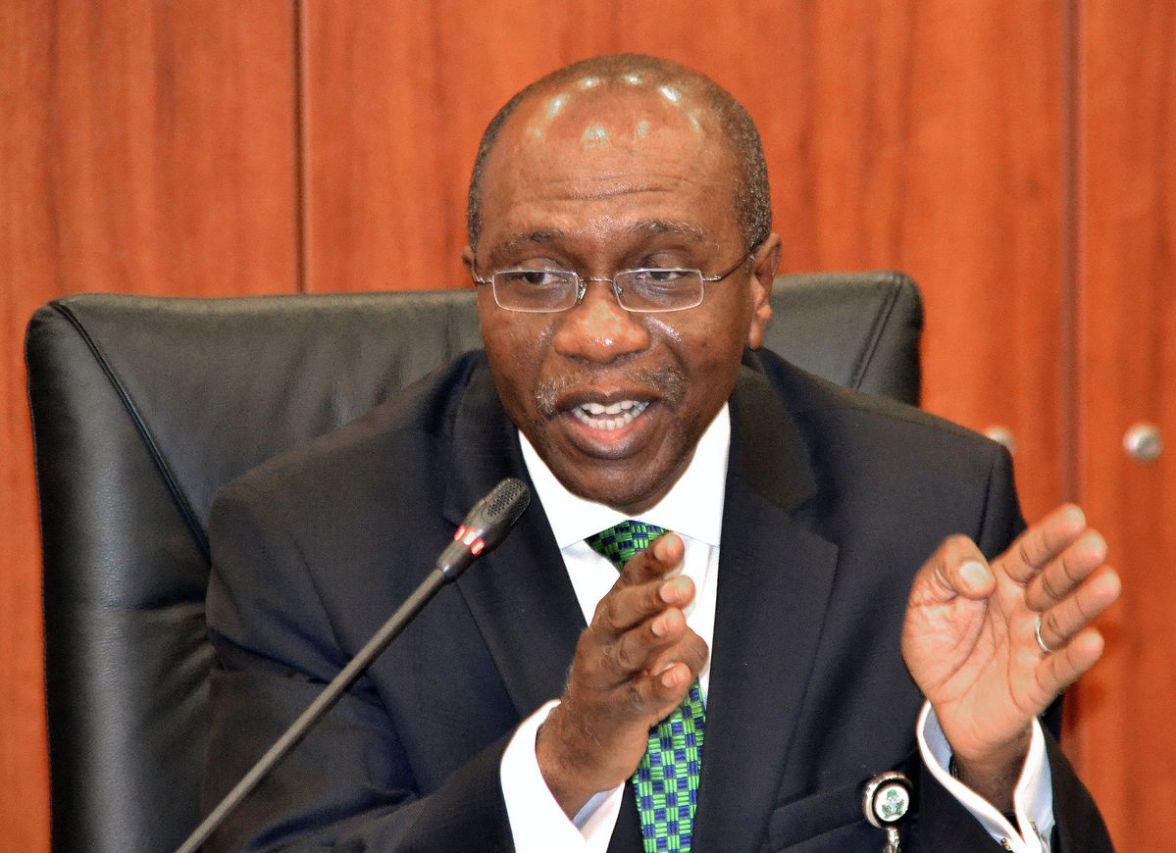The Central Bank of Nigeria (CBN) has revealed that it received a total foreign exchange inflow of $40.93bn between January and September last year.
The inflow of $40.93bn, implies a $12.98bn increase, when compared with the $27.95bn recorded in the first nine months of 2017.
The CBN report shows that about $14.15bn passed through the apex bank in the first quarter of last year.
In the second quarter of 2019, the foreign exchange inflow was $13.82bn, while the sum of $12.95bn was recorded during the third quarter of year.
The report also noted that foreign exchange revenue from oil export surged, despite the decline in domestic crude oil production.
The increase, however, didn’t come with significant impact, due to the decline in inflow from non-oil exports.
“Aggregate foreign exchange inflow through the CBN amounted to $12.95bn, indicating a 6.3 per cent decline below the level at end-June 2018,” the report read.
“It, however, showed an increase of 8.1 per cent, over the level in the corresponding period of 2017.
“The decline, relative to the preceding quarter, reflected, mainly, the fall in inflow from non-oil sources.”
Further analysis of the report indicate an outflow of $9.65bn in the first quarter.
The figure rose by $3.64bn to $13.29bn in the second quarter, before reaching $16.93bn during the third quarter of last year.
The CBN mentioned 32.2 per cent and 28 per cent increase in public sector payments and interventions in the foreign exchange market, as the reasons for this increase.
Also, a net outflow of $3.98bn was recorded through the bank in the third quarter, compared with $530m and $2.64bn in the second quarter of 2018 and the corresponding period of 2017.
Commenting on the development, finance and economic experts, explained that the demand management policy of the Federal Government was responsible for the inflows.
According to them, the current administration’s progress in reducing inflation and increasing external reserves, needs a boost for its economic diversification programme.
A Professor of Finance and Head, Banking and Finance Department, Nasarawa State University, Uche Uwaleke, said, “The introduction of the Investors and Exporters’ window, on the back of crude oil price recovery, has equally helped stabilise the exchange rate facilitating raw materials imports for local firms.
“That said, the CBN should continue to explore innovative ways to support domestic industries beyond the use of forex policies.
“There is no doubt that the CBN’s forex policies have helped the growth of local industries in Nigeria. Notable among these are the restrictions to access official forex placed on 42 imported items.
“This measure was not only in support of the Federal Government’s import substitution strategy, but it was also a demand- management strategy which helped to conserve scarce forex especially during the period of oil price slump.
“Today, thanks to that restrictive measure, a number of products which were hitherto not produced here such as toothpicks are now being manufactured locally.”
He added that there was a need for well-coordinated fiscal policies to pursue import substitution and enhance the competitiveness of local production, so the government could bridge the exchange gap between the Naira and the Dollar
“The government should fast track efforts to improve the ease of doing business and the state of infrastructure in order to attract foreign investments as well as develop multiple streams of earning foreign exchange,” he added.



Leave a Reply